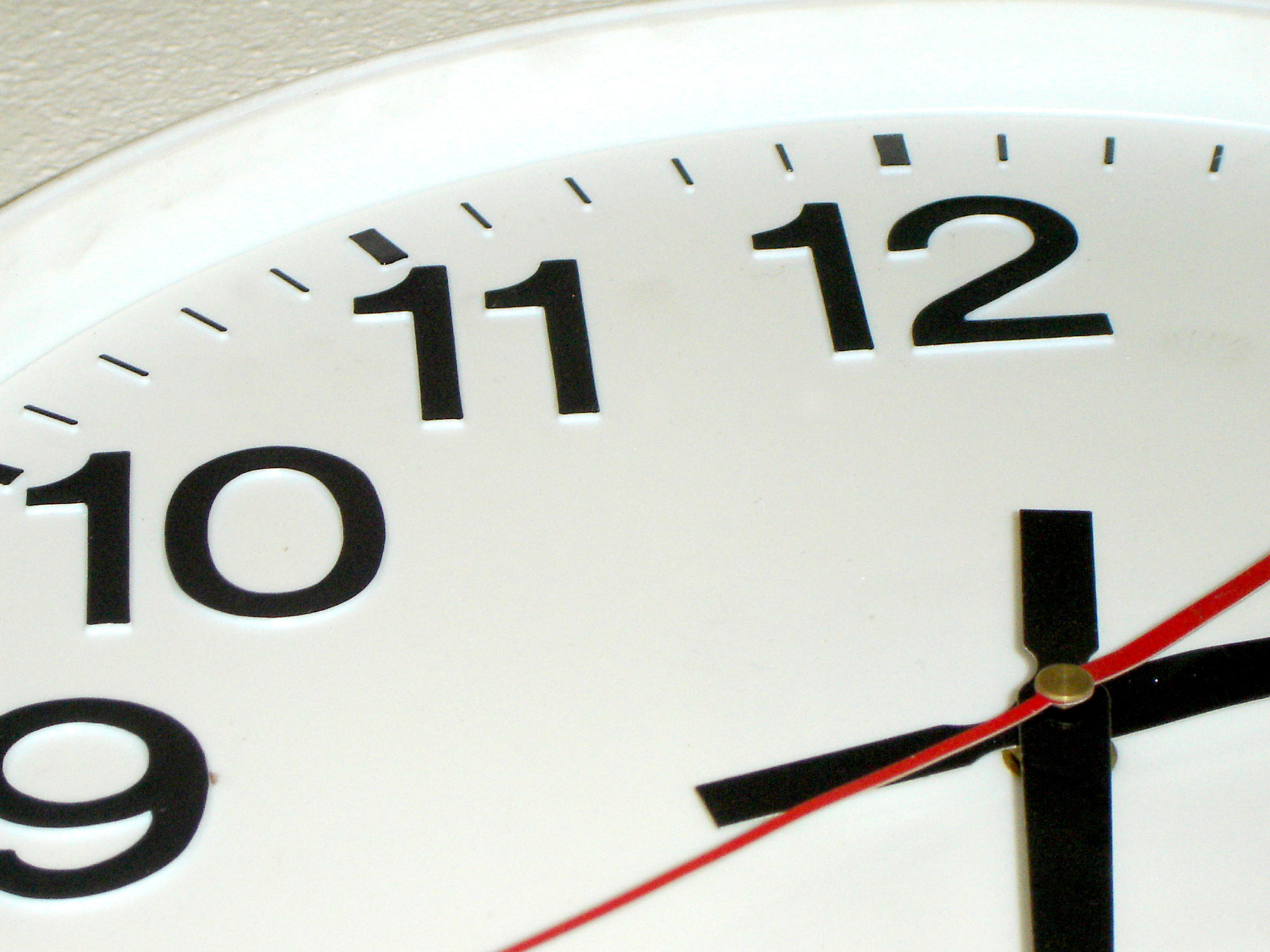For a moment, think about this question: what is the most precious commodity in existence? Do you have an answer? Seneca had. According to him, the most precious commodity you possess is time. In his first letter to Lucilius, he says:
What man can you show me who places any value on his time, who reckons the worth of each day, who understands that he is dying daily? For we are mistaken when we look forward to death; the major portion of death has already passed. Whatever years be behind us are in death’s hands.
Like a classic stoic, Seneca sounds rather grim: we are dying daily. Not living, but dying! Again like a classic stoic, he has a simple advice to follow: carpe diem (although he doesn’t use this Latin phrase literally). Seize the day.
Hold every hour in your grasp (…) While we are postponing, life speeds by.
Seneca even goes as far to say that we own nothing, except time. Yet it slips away while we are busy doing nothing of significance. Because of the importance and scarcity of our time, we should be deliberate and careful about our use of it.
The most disgraceful kind of loss (…) is that due carelessness
Don’t lend your time too easily, for “time is the one loan which even a grateful recipient cannot repay”. When we have used our time, it is gone forever. And when our time is up, we are death.
I like the idea of Seneca that we are ‘dying daily’. It creates a notion of urgency about our lives. It says: time is running out, do something good with it. Even though I would not advise to count your days too meticulously (even if you could), it is good to remember that our presence on this planet is limited and that we only have a limited time to live up to our purpose. According to the stoics, our purpose is trying to reach eudaimonia: a state of contentment and flourishing, which can be achieved by living in accordance with nature. If we are to live with nature, let us at least accept this basic natural fact: that we are mortal. But at the same time, let us enjoy every day and hour that we have, knowing that one day, our time is up.

